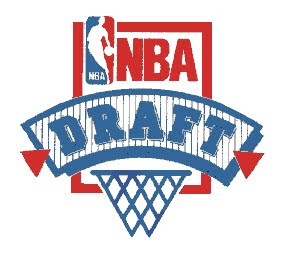
The origin of the official rules of association football lies in the year 1848. At the time, many codes of "football" existed, most colleges having their own version, with some allowing handling of the ball, other tripping, still others allowed holding and hacking (kicking the shins of) opposing players. In 1848 a group of representatives from several different colleges got together at Cambridge University and combined the rules from their various colleges to create the Cambridge Rules, which were then played at all the schools to allow inter-schools competition. However many football clubs continued to play their own different rules, and the Cambridge rules, while they had most modern rules in place, still allowed holding, hacking, tripping and catching the ball if it was in the air. More and more interest was shown in making one set of rules that everyone would follow, and finally the rules were drawn up. A few clubs left the association when hacking was banned and went on to become rugby clubs.
The FA was formed to moderate disputes about matches and the rules themselves. As the game grew in England, Ireland, Scotland and Wales joined the IFAB (International Football Association Board). Othe European countries learned of the sport from British ex-pats, the fairly simple rules and lack of equipment needed making it easy to show off. Footballs being easy to play also probably accounts for its success in poorer nations, as they do not need expensive equipment to play the sport. Finally Europeans emigrating brought the sport to the Americas. It did less well in the USA due to American Football and Baseball being developed at the same time, but is still a popular youth sport today.
